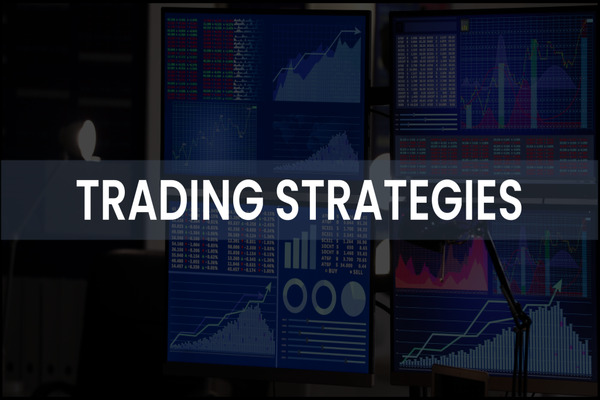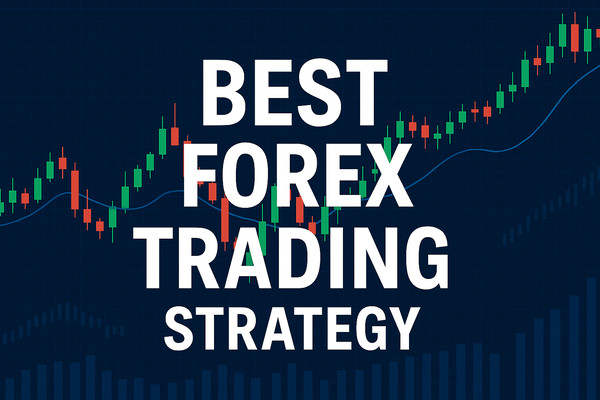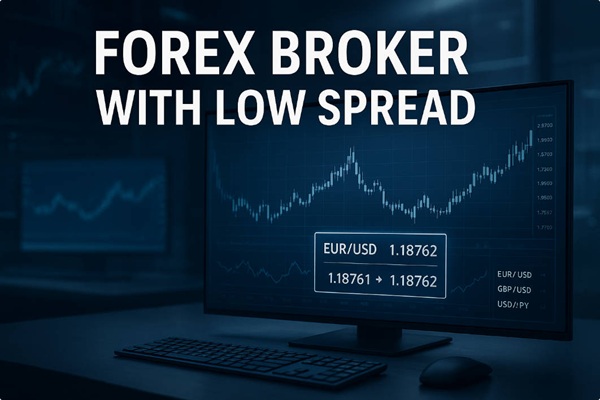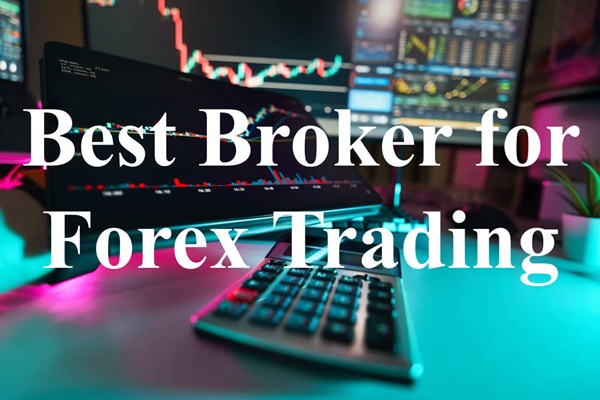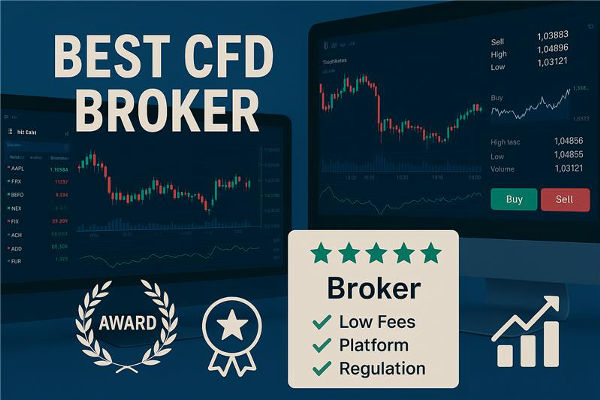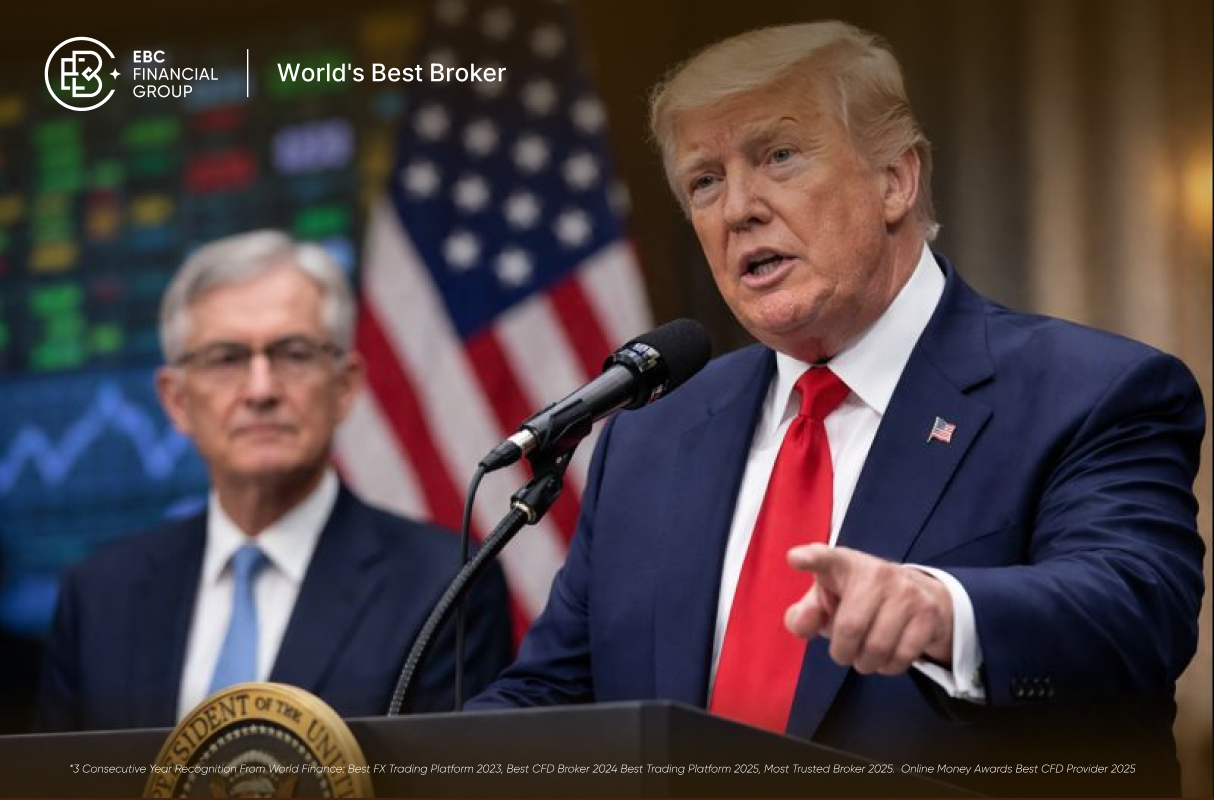When you start exploring the world of Forex trading, one of the first questions you might ask is: What is the best strategy for trading currencies? With so many approaches available, it can be overwhelming to know where to start. While there's no one-size-fits-all answer, understanding the core principles behind different strategies can give you the foundation to build your own successful approach to trading.
What Makes a Winning Forex Strategy?
Before diving into specific strategies, it's important to understand what goes into a strong Trading plan. Every successful Forex strategy has a few key elements that should never be overlooked. First and foremost is risk management. Without a solid Risk Management Plan, even the best strategy can quickly become ineffective. This involves setting stop-loss orders, determining how much of your capital you're willing to risk on each trade, and never overleveraging your positions. Risk management ensures that you protect your capital and stay in the game long enough to learn and refine your approach.
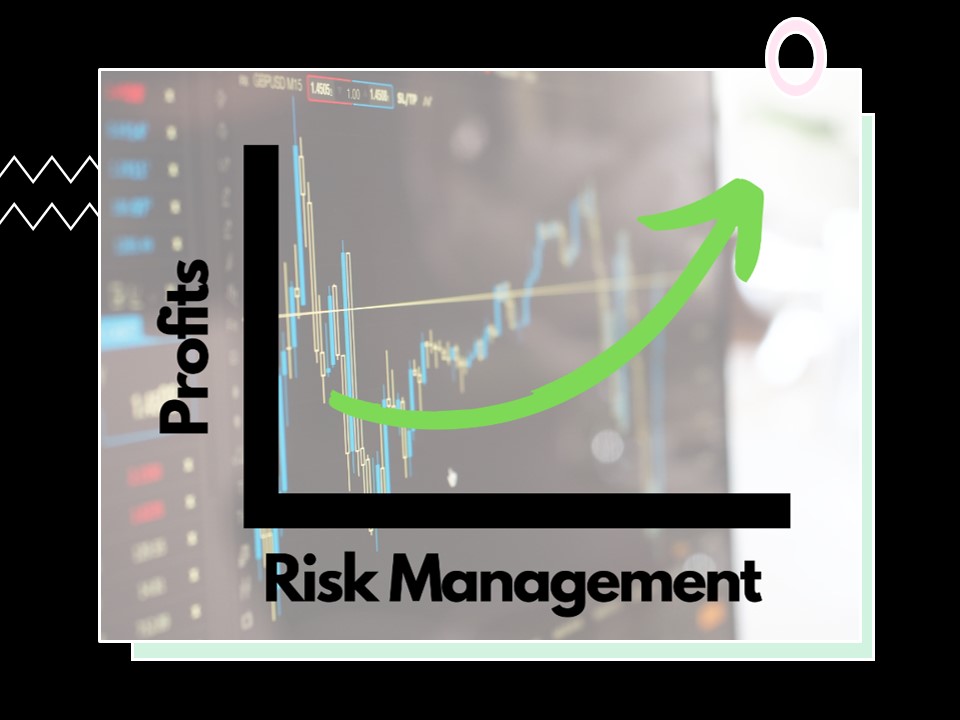
Another critical aspect of any Forex strategy is consistency. This means sticking to your plan, regardless of market conditions, and not being swayed by emotions. Markets can be unpredictable, and it's tempting to chase quick profits or panic during a downturn. However, a successful strategy requires a disciplined mindset, where decisions are made based on analysis and logic, not fear or greed.
Finally, successful traders know the importance of adapting their strategies as they gain experience and market conditions evolve. There's no "perfect" strategy, and the best traders are those who continuously review and tweak their approach based on what's working and what's not.
Popular Forex Strategies for Beginners
When you're just starting out in Forex trading, it can be tempting to jump straight into complex strategies, but this can often lead to frustration. Instead, focusing on simpler strategies can give you a solid foundation to build on as you gain more experience. Some of the most popular approaches for beginners include trend following, scalping, and swing trading.
Trend following is one of the simplest and most effective strategies for beginners. It's based on the idea that currencies tend to move in trends. In other words, if a currency pair is trending upwards, it's more likely to continue moving upwards than to reverse course. Traders who follow trends look for long trades during upward movements and short trades when the market is trending downwards. The key to success with this strategy is identifying the trend early and riding it for as long as possible.
Another common strategy for beginners is scalping, which involves making quick, small trades throughout the day. Scalping relies on the idea that small price movements can be exploited for profit, and traders will often make dozens or even hundreds of trades within a single day. While this strategy can be profitable, it requires a great deal of focus and quick decision-making. It's also worth noting that scalping works best in highly liquid markets with tight spreads.
Swing trading is another popular strategy for beginners, though it involves a slightly longer time frame. Instead of focusing on short-term movements, swing traders aim to capture price "swings" over several days or weeks. This strategy is ideal for traders who can't sit in front of their computers all day but still want to benefit from market movements. Swing trading requires patience, as you need to wait for the right entry points and exit opportunities, but it can be a rewarding strategy for those willing to put in the effort.
Moving to Advanced Strategies for Experienced Traders
As you become more comfortable with the basics, you may want to explore more advanced strategies that involve a deeper understanding of market movements and technical analysis. Advanced traders often rely on price action, Breakout trading, and carry trading to make more precise and strategic moves.
Price action is a strategy that involves analysing historical price movements to predict future trends. Traders who use this strategy don't rely on technical indicators like moving averages or RSI (Relative Strength Index), but instead focus purely on the price chart itself. Candlestick patterns, support and resistance levels, and trendlines are all key components of Price Action Trading. The advantage of price action is that it offers a clear, visual representation of market sentiment and can help traders identify potential reversal or breakout points.
Breakout trading is another popular strategy for experienced traders. It’s based on the principle that when a currency pair breaks out of a well-established price range, it's likely to experience significant movement in the direction of the breakout. This could mean a price surge upwards after breaking resistance or a sharp decline after breaking support. Successful breakout traders often use Chart Patterns, such as triangles or rectangles, to spot potential breakouts in advance. Timing is critical in breakout trading — entering a position too early can result in false breakouts, so traders must be patient and wait for confirmation.
Carry trading is a strategy that involves borrowing money in a currency with a low interest rate and using it to invest in a currency with a higher interest rate. This strategy takes advantage of the interest rate differential between two currencies and can be highly profitable, particularly in times of economic stability. Carry trading can also be less stressful than short-term trading strategies, as it often relies on longer-term trends and involves holding positions for weeks or even months. However, carry trades can be sensitive to changes in interest rates, and sudden shifts in economic conditions can lead to losses.
Adapting Your Strategy to Market Conditions
One of the most important aspects of a successful Forex strategy is the ability to adapt to changing market conditions. The Forex market can be highly volatile, with sudden shifts in direction due to economic data releases, geopolitical events, or unexpected news. In order to maximise your chances of success, your strategy should be flexible enough to handle both trending and ranging (sideways) markets.
For example, during periods of high volatility, such as when major economic announcements are made or during geopolitical crises, your strategy may need to shift. Traders may choose to reduce their position sizes, use wider stop-loss orders, or even avoid trading altogether until the market calms down. Conversely, in a more trending market, traders can focus on strategies like trend following or breakout trading, as the price action tends to offer more predictable movements.
It's also crucial to stay informed about global events and news. Economic reports, central bank meetings, and political developments can all influence the value of currencies. For instance, if the US Federal Reserve raises interest rates, the US Dollar may appreciate, which can affect your trading decisions if you're trading USD-based currency pairs.
Adapting your strategy to the market environment is a skill that comes with experience, and the more time you spend in the market, the better you'll become at identifying when to stick to your plan and when to adjust.
Disclaimer: This material is for general information purposes only and is not intended as (and should not be considered to be) financial, investment or other advice on which reliance should be placed. No opinion given in the material constitutes a recommendation by EBC or the author that any particular investment, security, transaction or investment strategy is suitable for any specific person.












